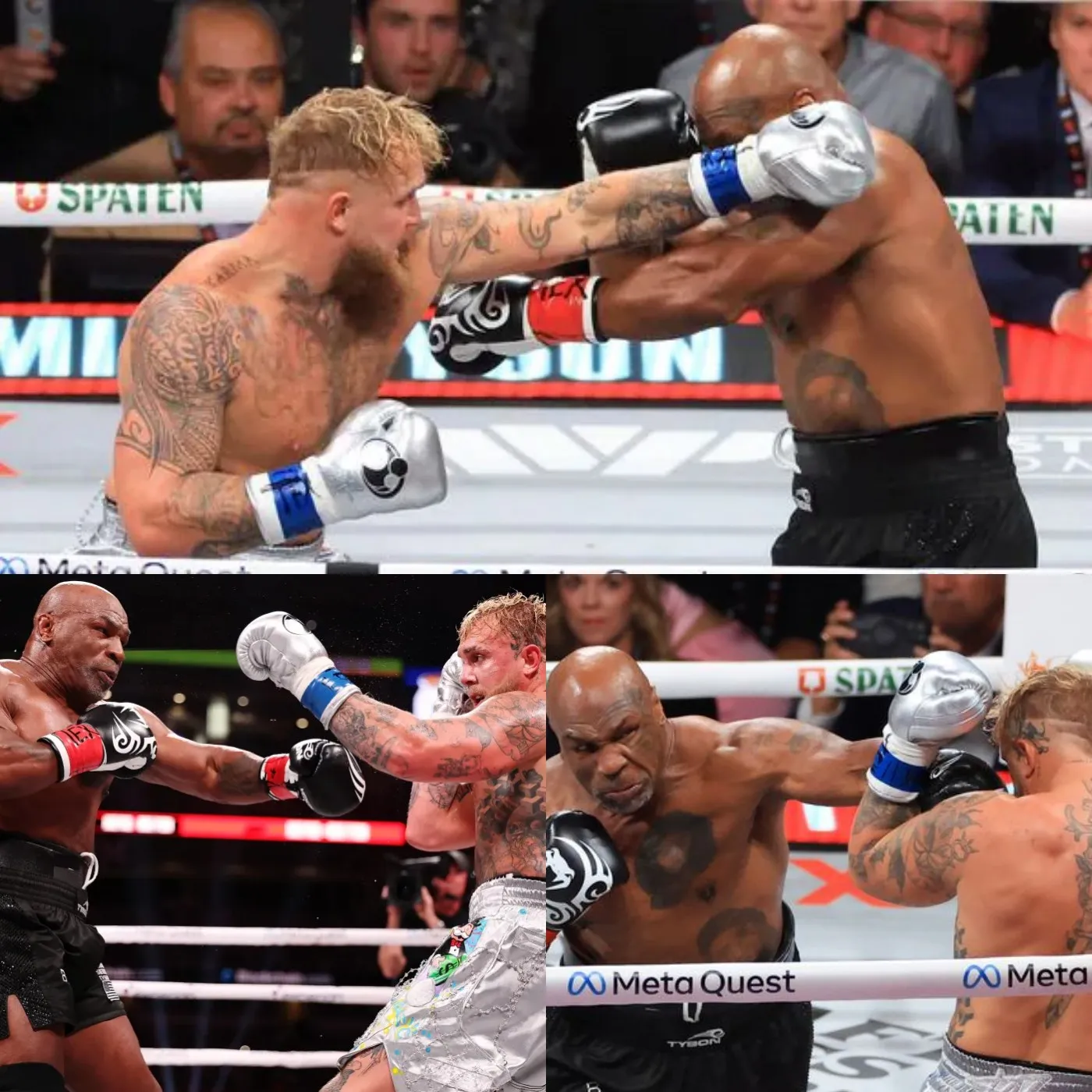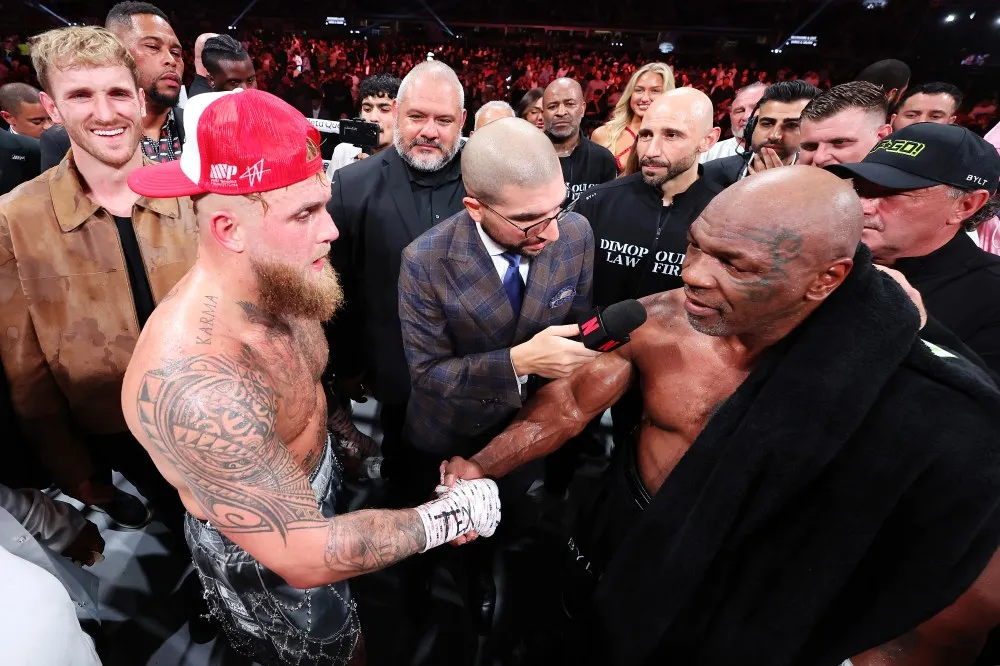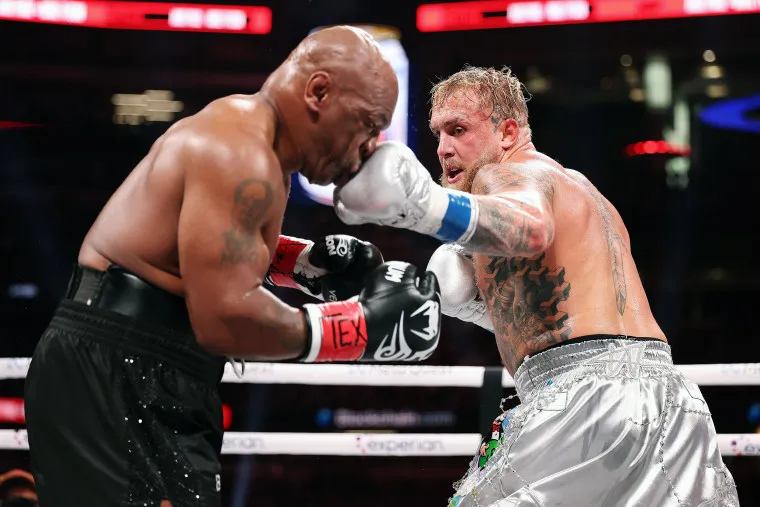Mike Tyson vs. Jake Paul: A Battle for Sports or a Money-Making Spectacle?

image 674045abb1dc7.webp
The fight between boxing legend Mike Tyson and popular YouTuber Jake Paul at AT&T Stadium on November 15th captured worldwide attention. However, the interest wasn’t driven by competitive sports—rather, it was about the entertainment value. Despite the presence of a boxing icon like Tyson, this event clearly demonstrated how economics often outweighs sportsmanship in modern competitions.
A Clash of Two Icons
The match between Tyson and Paul was more of an entertainment spectacle than a true sports competition. At 58 years old, Mike Tyson was far from the fearsome fighter he once was. Sporting knee braces and a visibly tired frame, Tyson entered the ring as a shadow of his former self. In contrast, Jake Paul, a YouTuber turned boxer, expertly used his fame and marketing skills to attract attention to the event.
Although Paul is not a professional boxer, he leveraged his online popularity to draw in a massive audience. In a post-fight interview, Paul admitted that he “took it easy” on Tyson, as he recognized that Tyson was no longer a serious threat in the ring.

The Real Goal: Money Over Sportsmanship
While both Tyson and Paul are major figures in entertainment, their main focus was not athletic achievement—it was profit. The event generated a massive buzz, attracting over 60 million households and more than 6,000 bars and restaurants that paid to broadcast the fight. Netflix, the event’s primary broadcaster, received criticism for its subpar production quality and its clear focus on financial gain rather than the true essence of sports.
Both Jake Paul and Mike Tyson were upfront about their intent to make money. Despite Tyson’s decline in physical ability, he managed to capitalize on his legendary status to attract fans. Jake Paul, with his incredible marketing expertise, turned the fight into a major entertainment event, disregarding the skepticism from sports professionals.
Fans: victims of a carefully crafted money-making show?
This event raises important questions about the role of fans in modern sports. Many critics labeled the fight a “disaster” and questioned its authenticity. However, it was the fans who played a crucial role in making the event a financial success. Their curiosity, desire for entertainment, and the appeal of seeing two big names “face off” led them to pour money into an event that lacked genuine sports value.
As Tyson once said, “I’m not the warrior I used to be, but I can still fight for other values, even if it’s just for memories.” This statement highlights the internal contradiction in his decision to participate. Was it driven by a passion for sports, or was it simply an opportunity to capitalize on his fame and the public’s attention?

The Future of Sports Entertainment
While many were disappointed by the spectacle, one undeniable fact remains: Mike Tyson and Jake Paul successfully tapped into the public’s curiosity to earn massive profits. Jake Paul took home $40 million, while Tyson earned $20 million from the event. As long as there is demand for these types of events, it’s clear that we’ll continue to see similar “sports spectacles” in the future.
This event serves as a wake-up call for fans to differentiate between true sports and carefully staged entertainment that prioritizes profit.







